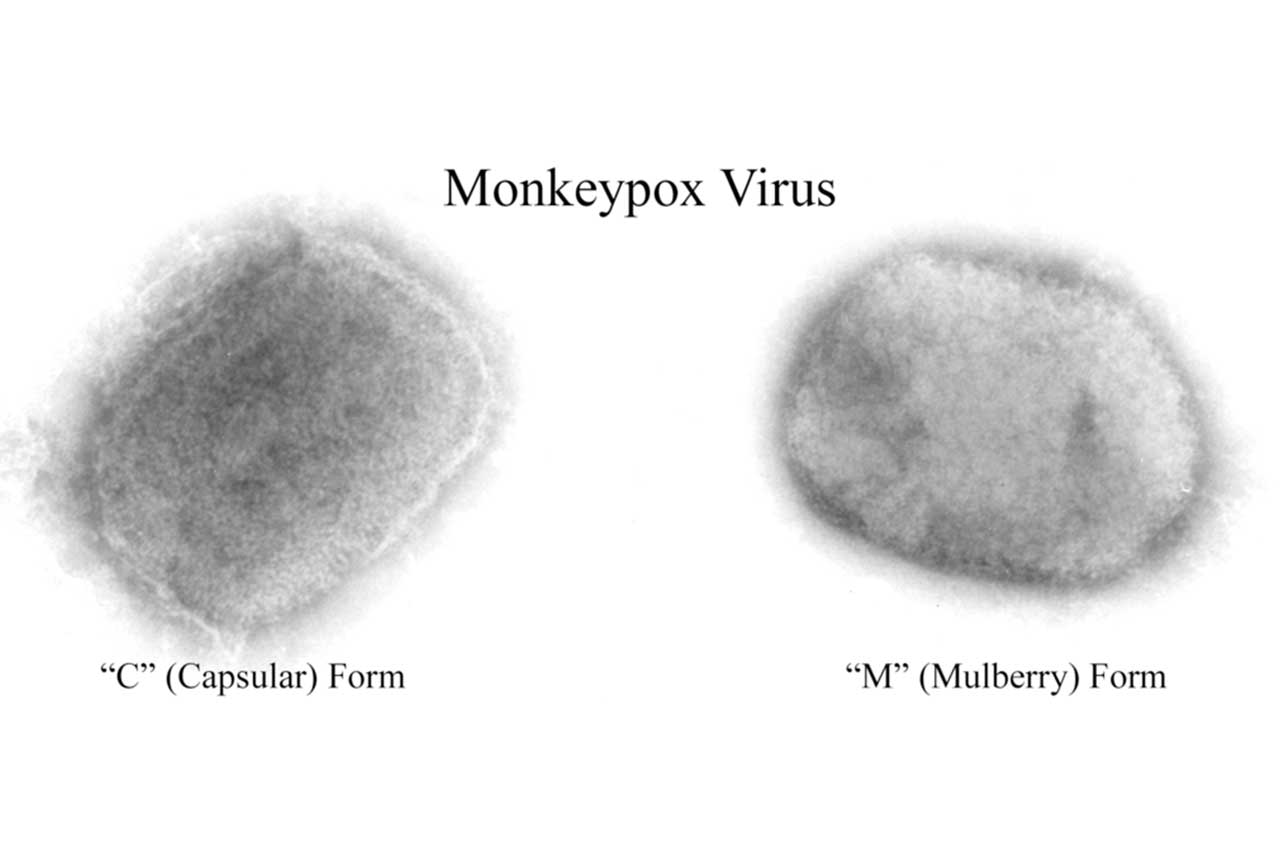The pharmaceutical companies Biogen and Eisai last week announced that a monoclonal antibody treatment reduced cognitive decline by 27% in people with early stage Alzheimer’s compared with those on a placebo after 18 months.
www.science.org/content/article/news-glance-ai-regulation-renewable-energy-and-alzheimer-s-therapy?
Lecanemab belongs to a class of therapies that break down or inhibit build up of amyloid plaques in the brain, and is apparently the first to clearly subdue symptoms of the disease. But researchers also want to see more data from the clinical trial, which has so far been shared only by press release. Biogen and Eisai, which have applied for accelerated approval from the U.S. Food and Drug Administration, say they plan to release more information in November. One question is why lecanemab seems to show promise when other therapies targeted at amyloid have failed to help patients. One theory is that the treatment targets “protofibrils,” protein strands that haven’t yet consolidated into plaques. If lecanemab is approved, it may prove demanding for physicians to administer: The therapy is given by infusion, and patients may need periodic imaging to look for side effects, such as small brain haemorrhages.






